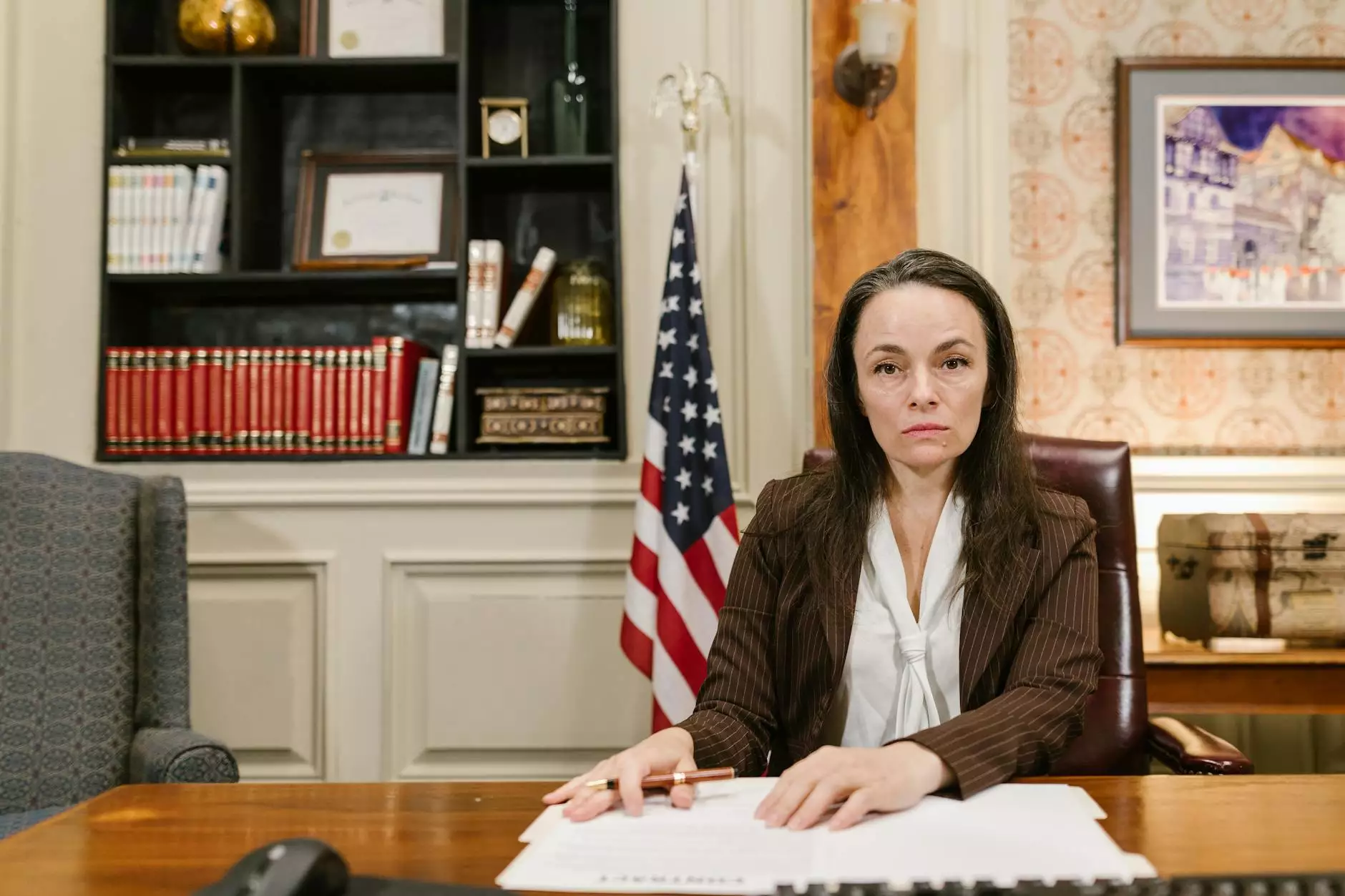My Commercial Tenant Defaulted On The Lease, What Happens Now

Understanding Commercial Lease Defaults
As a landlord, it can be incredibly frustrating when a commercial tenant defaults on their lease agreement. Defaulting on a lease refers to a situation where a tenant fails to meet their contractual obligations, such as missing rental payments, breaching lease terms, or abandoning the property. When faced with a defaulting tenant, it's crucial to understand the legal implications and the steps you can take to protect your interests.
Immediate Actions to Take
When you become aware of a commercial tenant default, it's essential to take prompt action to mitigate any further losses. Here are some immediate steps you should consider taking:
- Review the lease agreement to understand the specific terms and conditions related to defaults.
- Communicate with the tenant to discuss the default and attempt to resolve the situation amicably.
- Assess the financial impact of the default and evaluate your options.
- Consider seeking legal counsel, such as Baytowne Reporting, who specializes in commercial lease defaults and can guide you through the process.
Legal Remedies for Commercial Lease Defaults
While every lease agreement may differ, there are common legal remedies available to landlords when faced with a commercial tenant default. It's crucial to consult with an attorney to ensure you follow the appropriate legal process. Here are some potential remedies:
1. Eviction
If the default cannot be resolved and the tenant refuses to vacate the premises or rectify the breach, eviction may be necessary. Eviction procedures can vary depending on local laws and the terms outlined in the lease agreement.
2. Lease Termination
In some cases, terminating the lease agreement might be the best course of action. This option allows you to end the relationship with the defaulting tenant and potentially seek a new tenant to mitigate any financial losses.
3. Rent Collection and Damages
You have the right to pursue rent owed and damages caused by the defaulting tenant. This may involve filing a lawsuit to recover unpaid rent, costs of repairs, or any other financial losses caused by the breach of the lease agreement.
4. Litigation
If the dispute escalates, you may need to engage in legal proceedings to protect your rights and seek appropriate compensation. An attorney can guide you through the litigation process and represent your interests in court if necessary.
Why Seek Professional Help
Dealing with a defaulting commercial tenant can be legally complex and emotionally draining. Seeking professional help from experts like Baytowne Reporting can greatly assist you in navigating the intricacies of the legal system. Here's why you should consider their services:
- Expertise in Commercial Lease Defaults: Baytowne Reporting specializes in helping landlords deal with commercial lease defaults. They understand the intricacies of lease agreements and can provide tailored advice based on your specific situation.
- Efficient Resolution: As a proficient legal service provider, they aim to resolve the default situation efficiently and effectively, minimizing your losses and ensuring you receive fair compensation for any damages incurred.
- Legal Guidance: Baytowne Reporting's team of experienced attorneys can guide you through the entire process, from reviewing your lease agreement to representing you in negotiations or court proceedings if required.
- Supportive Communication: They understand the importance of clear and transparent communication during such stressful situations. Baytowne Reporting will keep you informed and provide updates on the progress of your case.
Conclusion
Dealing with a commercial tenant default requires prompt action, a thorough understanding of your legal rights, and the assistance of experienced professionals like Baytowne Reporting. Remember, every situation is unique, and seeking legal counsel is crucial to ensure you navigate the process effectively and protect your interests.




